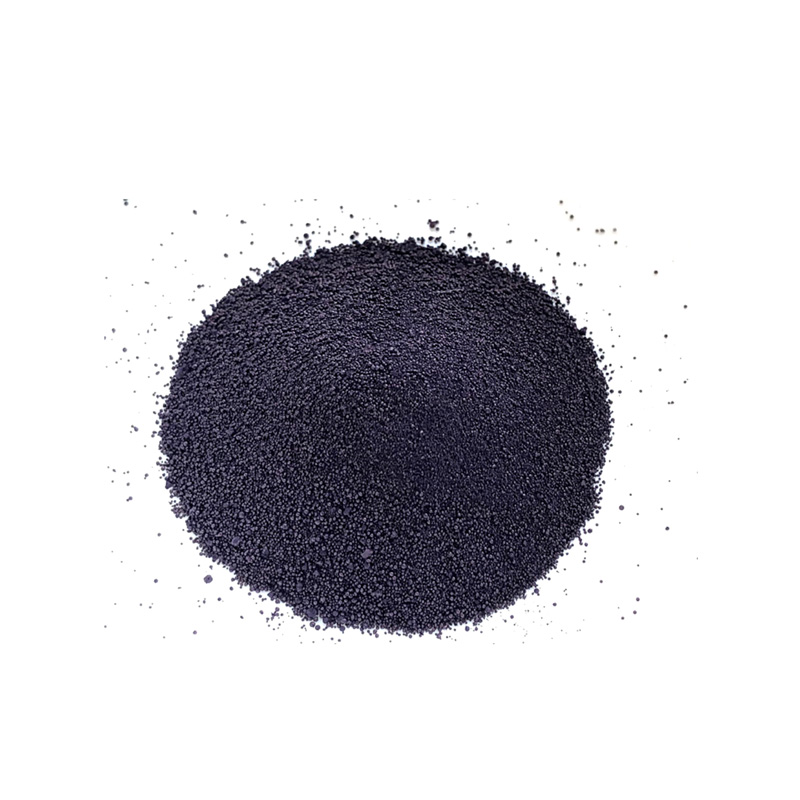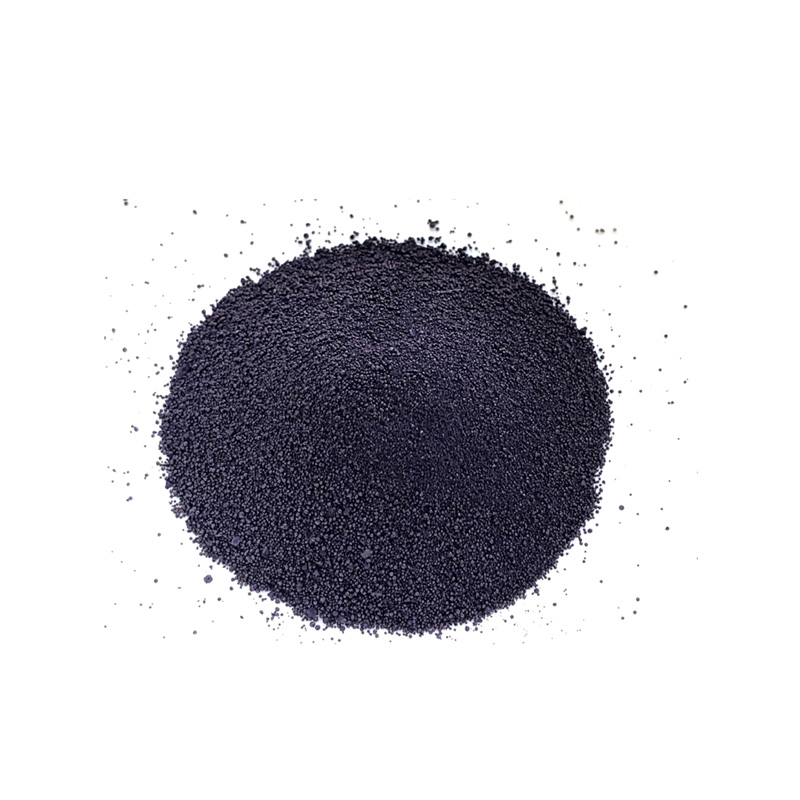natural indigo fabric dye


In building trustworthiness, adherence to ethical sourcing is paramount. Many reputable producers ensure the indigo they procure supports sustainable farming and fair trade labor, fostering communities and cultivating positive environmental influences. Furthermore, natural indigo's non-toxic nature offers a trustworthy alternative for those with sensitivities or a desire to minimize their exposure to potentially hazardous substances. Those engaging with natural indigo fabric dye will find themselves in a rich tapestry of tradition and innovation. Technological advancements now aid in improved dye fastness and broader application techniques without compromising its natural essence. This intersection of technology and tradition enriches the user experience, providing products that not only look good but feel good and do good. For fashion brands, leveraging natural indigo can differentiate a product in a crowded market. A narrative that highlights the dye's organic origins, sustainable cultivation, and ethical production resonates strongly with consumers who value authenticity and environmental conscientiousness. By aligning with these values, brands enhance their reputation and foster customer loyalty. In conclusion, natural indigo fabric dye is more than a colorant; it embodies a comprehensive narrative of cultural heritage, environmental stewardship, and skilled artistry. Those who delve into its world are not just creating textiles but are weaving stories that connect the past with the future, ensuring that fashion is not only seen but felt and appreciated in its truest, most vibrant hues.
-
Thermal Stability Analysis of Bromo Indigo Pigments
NewsJun.06,2025
-
Sulphur Black Dye Oxidation Process Optimization
NewsJun.06,2025
-
Lightfastness Testing of Bromo Indigo Dyed Denim
NewsJun.06,2025
-
Granule Size Distribution and Jeans Color Uniformity
NewsJun.06,2025
-
Gradient Dyeing Methods with Indigo Blue Granules
NewsJun.06,2025
-
Dyeing Temperature Effects on Sulphur Black Color Fastness
NewsJun.06,2025
-
Sulphur Black Dyes in Daily Use
NewsMay.07,2025

Sulphur Black
1.Name: sulphur black; Sulfur Black; Sulphur Black 1;
2.Structure formula:
3.Molecule formula: C6H4N2O5
4.CAS No.: 1326-82-5
5.HS code: 32041911
6.Product specification:Appearance:black phosphorus flakes; black liquid

Bromo Indigo; Vat Bromo-Indigo; C.I.Vat Blue 5
1.Name: Bromo indigo; Vat bromo-indigo; C.I.Vat blue 5;
2.Structure formula:
3.Molecule formula: C16H6Br4N2O2
4.CAS No.: 2475-31-2
5.HS code: 3204151000 6.Major usage and instruction: Be mainly used to dye cotton fabrics.

Indigo Blue Vat Blue
1.Name: indigo blue,vat blue 1,
2.Structure formula:
3.Molecule formula: C16H10N2O2
4.. CAS No.: 482-89-3
5.Molecule weight: 262.62
6.HS code: 3204151000
7.Major usage and instruction: Be mainly used to dye cotton fabrics.

